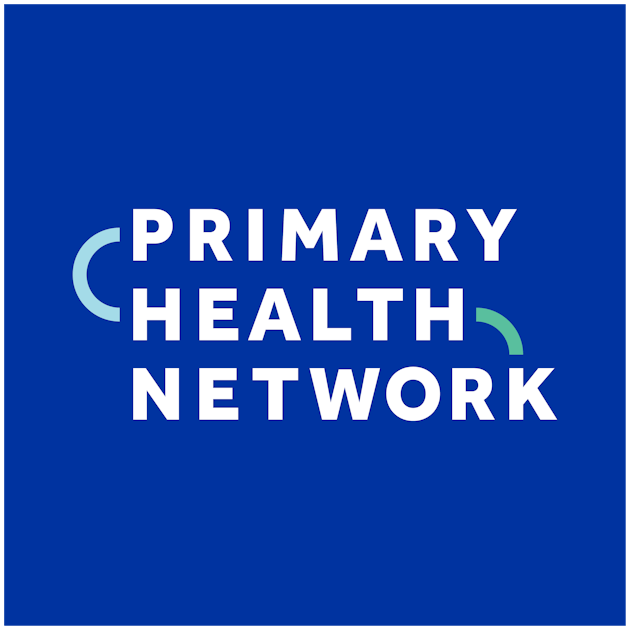
From the country roads of Australia’s music capital to the bustling city streets, the 2025 Immunisation Conference is set to make waves in the Hunter, New England, and Central Coast regions. This major event, scheduled to take place in Tamworth, promises to be the largest of its kind, bringing together healthcare professionals, researchers, and policymakers to discuss the future of immunisation.
The conference aims to enhance skills and knowledge around vaccines, vaccine communication, and current research, while also examining Australia’s role in the global immunisation landscape. Attendees will have the opportunity to listen, learn, interact, and network with peers from across the nation.
Key Presenters and Topics
The conference will feature a distinguished lineup of speakers, each bringing their expertise to the forefront of the immunisation conversation. Among the key presenters are:
- Professor David Durrheim AM: Exploring a world without measles, Professor Durrheim will delve into the strategies and challenges of eradicating this infectious disease.
- Peter Massey: Addressing rural health risks, Massey will discuss the Japanese Encephalitis virus and Q fever, focusing on reducing their impact in rural areas.
- Dr. Archana Koirala: Offering insights into the vaccination of immunocompromised individuals, Dr. Koirala will share tips, tricks, and tactics for effective immunisation strategies.
- Dr. Meg Whitley: Investigating rare vaccine risks, Dr. Whitley will present on “Vax and the Viscera,” examining when these risks become reality.
- Dr. Coen Butters: Reflecting on RSV prevention, Dr. Butters will discuss achievements and future directions in combating this respiratory virus.
Virtual Participation and Broader Impact
For those unable to travel to Tamworth, virtual tickets are available, allowing participants to join the conference via livestream. This accessibility ensures that the conference’s insights and discussions reach a wider audience, furthering its impact on public health initiatives.
The 2025 Immunisation Conference is presented by the Hunter New England and Central Coast Primary Health Network in conjunction with the Hunter New England and Central Coast Local Health Districts. This collaboration underscores the importance of regional partnerships in addressing national and global health challenges.
Context and Historical Parallels
The announcement of this conference comes at a crucial time, as the world continues to grapple with vaccine hesitancy and emerging infectious diseases. Historically, immunisation has been one of the most successful public health interventions, eradicating diseases such as smallpox and significantly reducing the incidence of others like polio and measles.
According to the World Health Organization, vaccines prevent 2-3 million deaths each year. However, the COVID-19 pandemic has highlighted gaps in vaccine distribution and acceptance, making conferences like this vital for sharing knowledge and strategies.
“Vaccination is a cornerstone of public health. The more we understand and innovate, the better we can protect our communities,” said Professor Durrheim.
Looking Ahead: Implications and Future Directions
The 2025 Immunisation Conference represents a significant step forward in addressing both current and future vaccine challenges. By fostering collaboration and knowledge exchange, the event aims to equip healthcare professionals with the tools needed to overcome barriers to immunisation.
As the world moves towards a post-pandemic reality, the lessons learned from COVID-19 will undoubtedly shape future vaccine strategies. The conference’s focus on both local and global perspectives ensures a comprehensive approach to these challenges.
In conclusion, the 2025 Immunisation Conference is poised to be a landmark event for public health in Australia and beyond. By bringing together experts and stakeholders, it promises to advance the conversation on vaccines and their role in safeguarding public health.







